Temporary Housing Solutions After A Hurricane

Temporary Housing Solutions After a Hurricane: Everything You Need to Know
Introduction
When a hurricane strikes, it can leave devastation in its wake. Homes and buildings can be damaged or destroyed, leaving thousands of people displaced and without a place to stay. Finding temporary housing solutions after a hurricane is essential for those affected by the storm. In this article, we will provide you with all the information you need to know about temporary housing solutions following a hurricane.
The Importance of Temporary Housing Solutions After a Hurricane
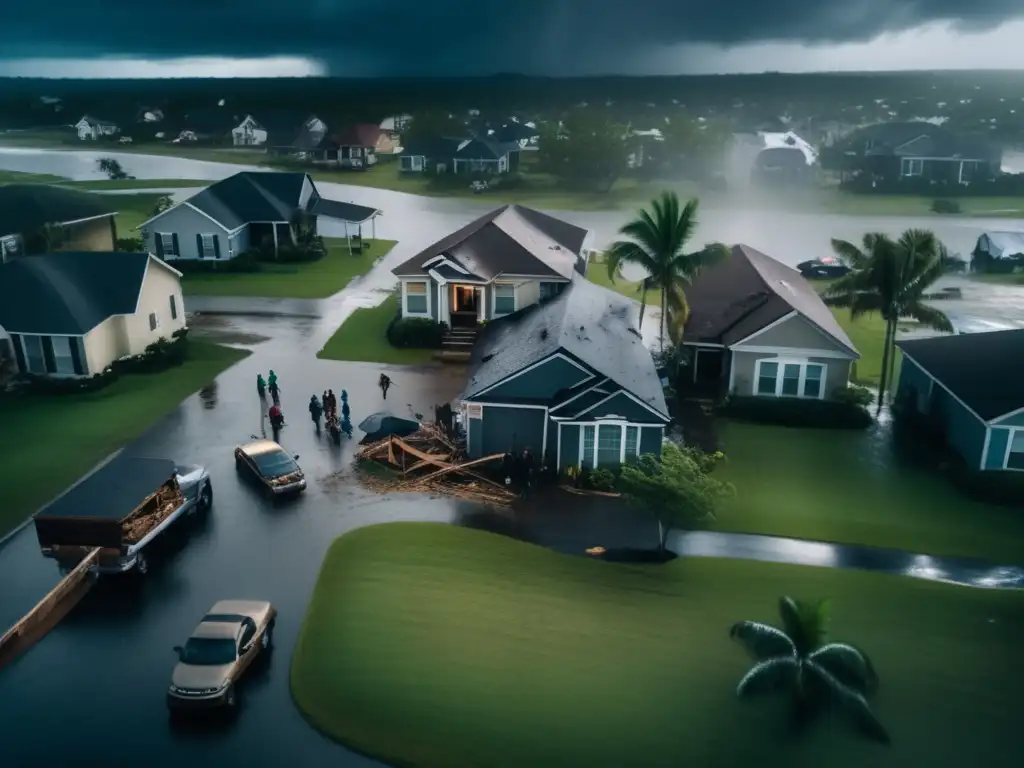
Relief Shelters
In the immediate aftermath of a hurricane, relief shelters are often set up in safe areas for those who have lost their homes or are unable to stay in their homes due to damage. These shelters are typically run by non-profit organizations, government agencies, or other community groups. Relief shelters offer basic accommodations such as cots, blankets, and meals, making them an invaluable resource for those in need. If you find yourself in need of a relief shelter, reach out to your local emergency management office or disaster relief organization for guidance.
Renting a Temporary Home
If you are unable to stay in your home due to damage or destruction, renting a temporary home is another option to consider. There are several companies that specialize in providing temporary housing solutions after a hurricane. These companies offer fully furnished apartments, houses, or mobile homes for rent on a short-term basis. One advantage of renting a temporary home is the ability to remain in the same location as your original home, allowing you to keep some sense of normality during a stressful time.
Staying with Family and Friends
If you have family or friends in areas unaffected by the hurricane, staying with them temporarily is a great option. This can provide you with a safe and familiar environment, as well as emotional support during a difficult time. If you decide to stay with family or friends, make sure to communicate your needs and expectations beforehand to avoid any potential misunderstandings.
Financial Assistance for Temporary Housing Solutions
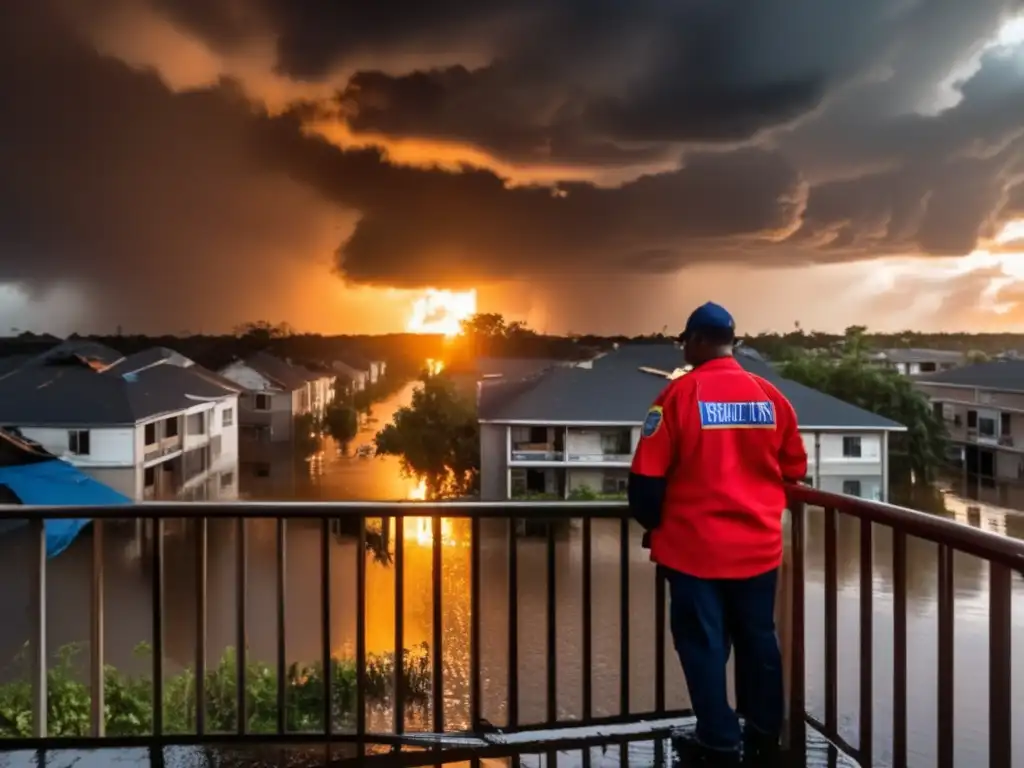
Insurance Coverage
If you have homeowners or renters insurance, it may cover the cost of temporary housing while your home is being repaired or rebuilt. Check with your insurance company to see if you are covered and what your options are.
Government Assistance
The Federal Emergency Management Agency (FEMA) provides financial assistance to those affected by natural disasters, including hurricanes. This assistance includes funds for temporary housing, as well as other necessities such as food, water, and clothing. To apply for FEMA assistance, visit their website or contact their helpline.
Non-profit Organizations
There are several non-profit organizations that provide financial assistance and other resources to those affected by hurricanes. The American Red Cross, for example, offers emergency grants to help cover the cost of temporary housing and other necessary expenses.
How to Prepare for Temporary Housing Solutions Before a Hurricane Hits
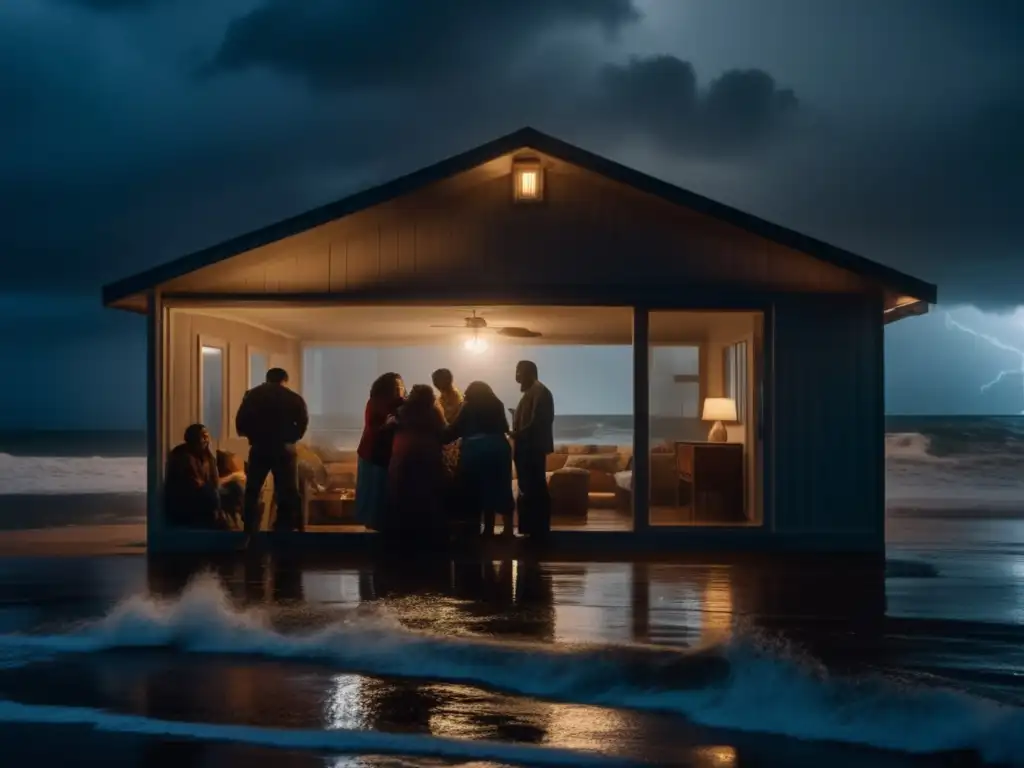
Create an Emergency Kit
Having an emergency kit ready before a hurricane hits can help ensure you have everything you need if you are forced to evacuate your home. Include important documents such as identification, insurance policies, and medical records, as well as any medications, clothing, and toiletries you may need.
Make a Plan
Having a plan in place for temporary housing solutions before a hurricane hits can save you time and stress later on. Research your options for relief shelters, temporary rentals, and staying with family or friends, and decide which option is best for your situation. Make sure to communicate your plan to family members and friends so everyone is on the same page.
Review Your Insurance Policy
Reviewing your insurance policy before a hurricane hits can help you understand what is covered and what is not. Make sure you have adequate coverage for temporary housing solutions, as well as any other expenses that may arise due to hurricane damage.
Frequently Asked Questions

-
What if I don't have insurance?
If you do not have insurance, there are still options available for temporary housing solutions after a hurricane. Reach out to non-profit organizations, government agencies, or disaster relief organizations for assistance.
-
How long can I stay in a relief shelter?
The length of time you can stay in a relief shelter varies depending on the organization running the shelter and the circumstances of the hurricane. Typically, relief shelters are intended for short-term use, and you will be encouraged to find a more permanent solution as soon as possible.
-
Can I bring my pets with me to a relief shelter?
Many relief shelters do allow pets, but it is important to check beforehand to ensure they are permitted. If you cannot bring your pet to the shelter, some non-profit organizations offer temporary pet shelters or foster homes during emergencies.
-
How do I apply for FEMA assistance?
To apply for FEMA assistance, visit their website or contact their helpline at 1-800-621-3362.
-
How long does it take to receive FEMA assistance?
The timeline for receiving FEMA assistance can vary depending on the circumstances of the hurricane and the number of people affected. Typically, it takes several weeks to receive assistance, but you may be eligible for expedited processing if your situation is urgent.
Conclusion
Temporary housing solutions after a hurricane are essential for those affected by the storm. Relief shelters, renting a temporary home, and staying with family or friends are all options to consider. It is important to prepare for these solutions before a hurricane hits by creating an emergency kit, making a plan, and reviewing your insurance policy. Financial assistance is available through insurance coverage, government agencies, and non-profit organizations. Remember to stay safe and communicate your needs and expectations with those around you. By being prepared and informed, you can navigate the challenges of temporary housing solutions after a hurricane with confidence.
Additional Resources
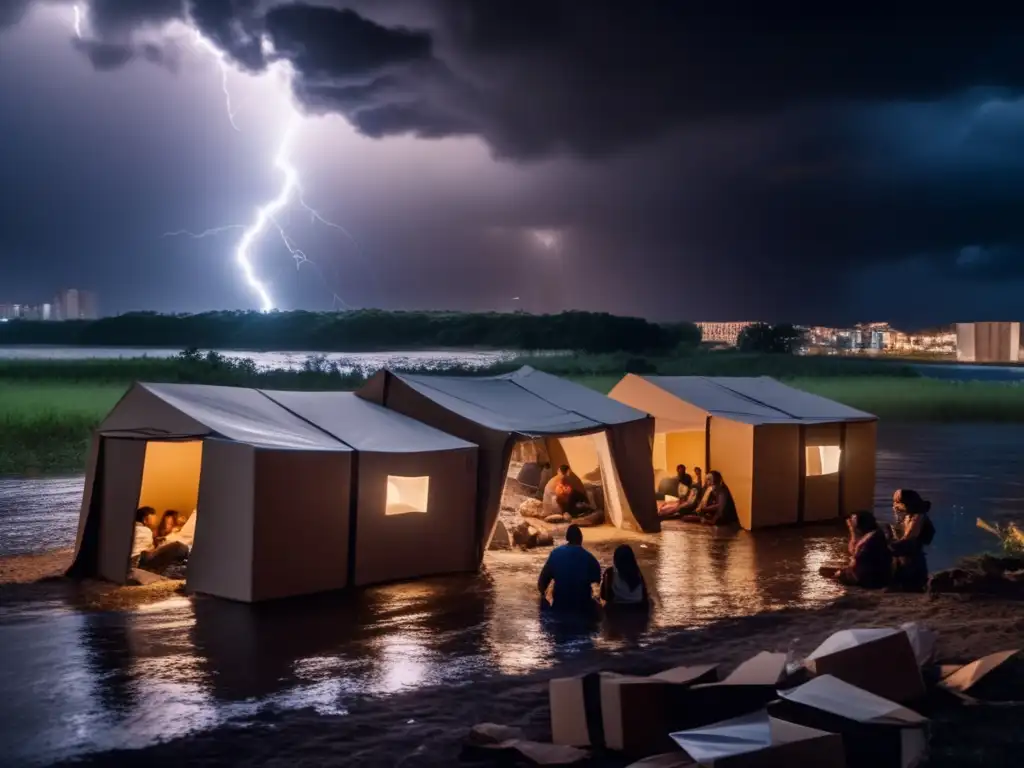
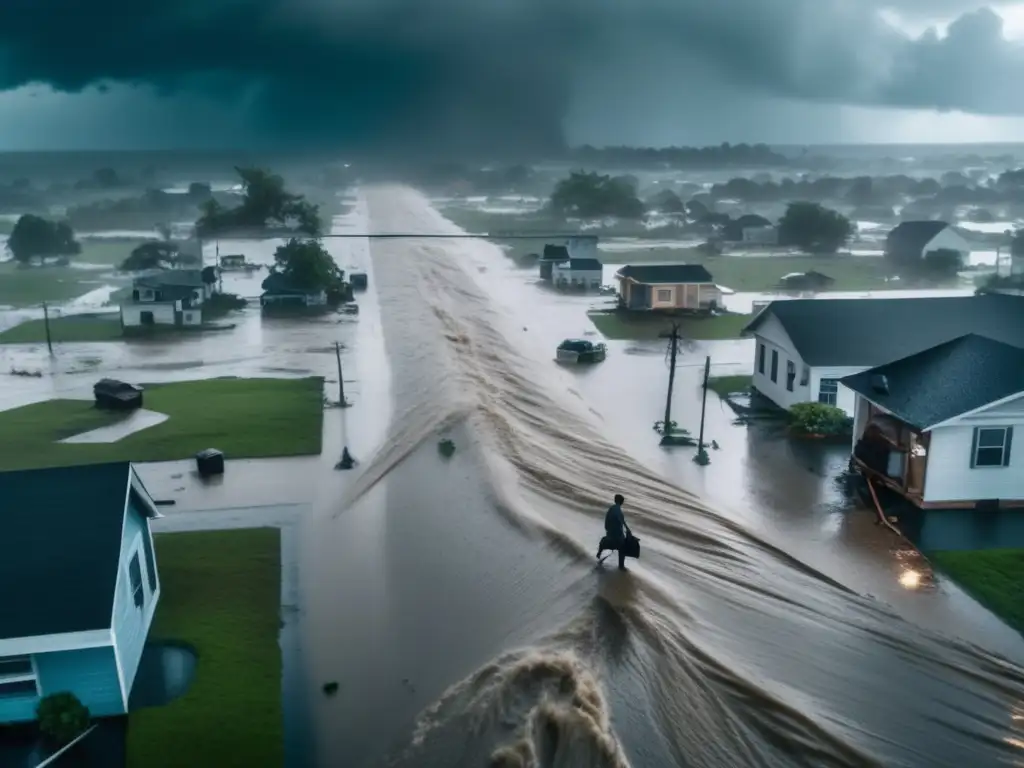 Business Continuity: Getting Back To Work Post-Hurricane
Business Continuity: Getting Back To Work Post-Hurricane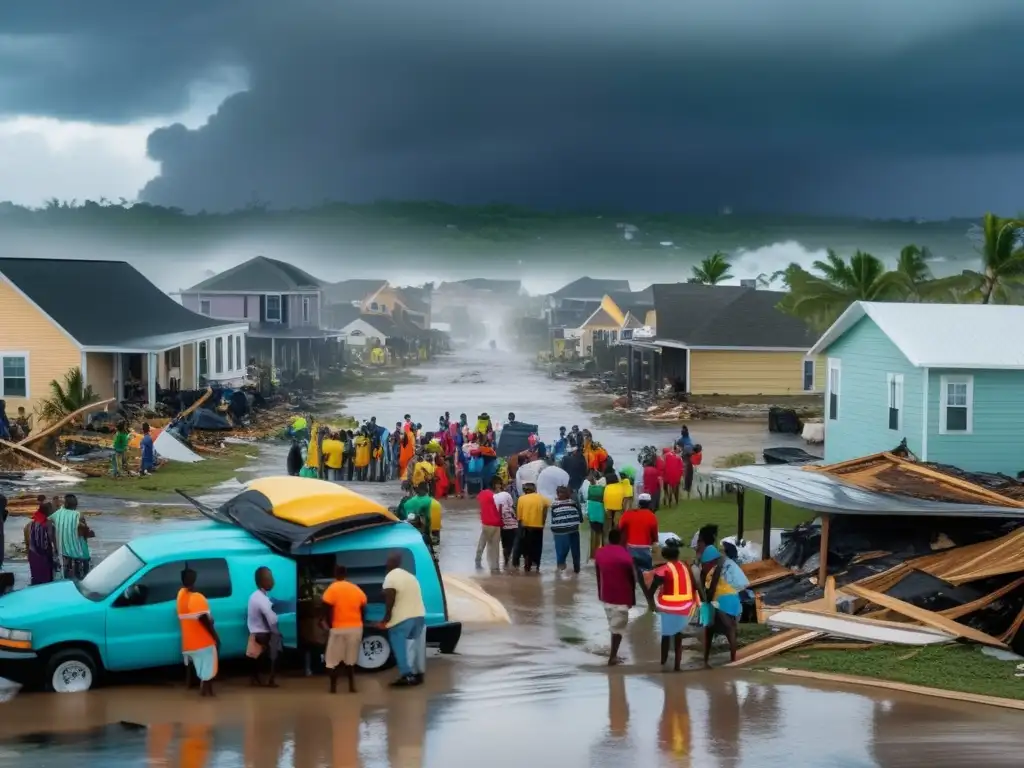 Safeguarding Cultural And Community Identity After A Hurricane
Safeguarding Cultural And Community Identity After A Hurricane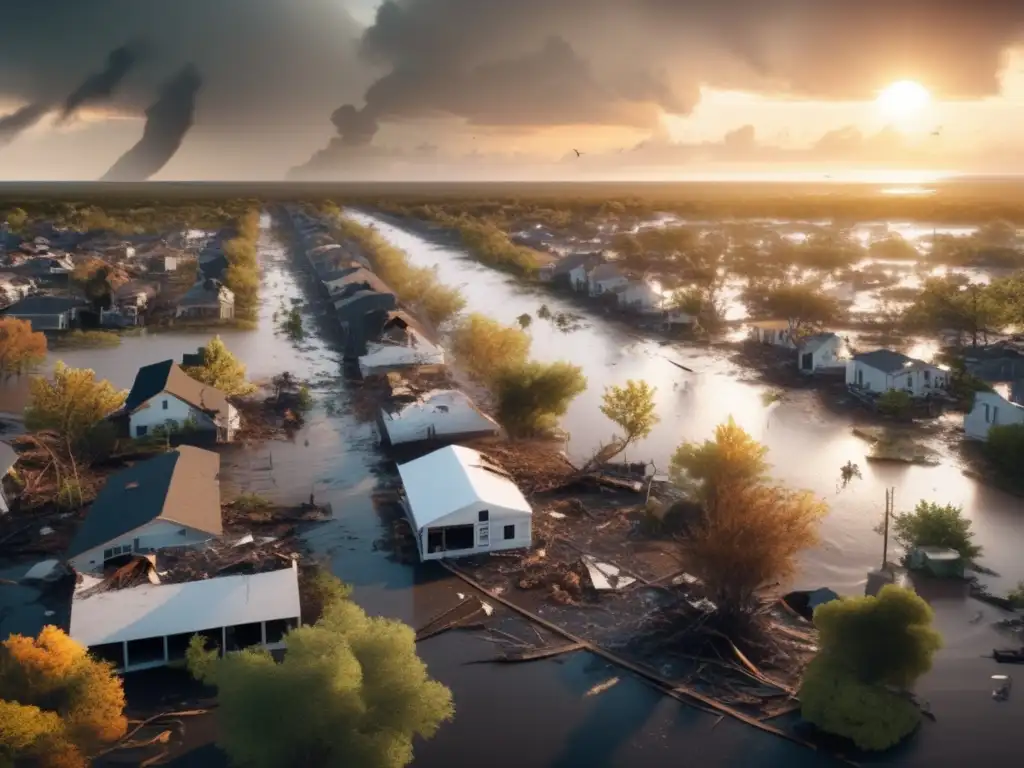 Technology In Post-Hurricane Recovery: Innovations That Help
Technology In Post-Hurricane Recovery: Innovations That HelpIf you want to discover more articles similar to Temporary Housing Solutions After A Hurricane, you can visit the Hurricane recovery: category.
Leave a Reply

Articulos relacionados: